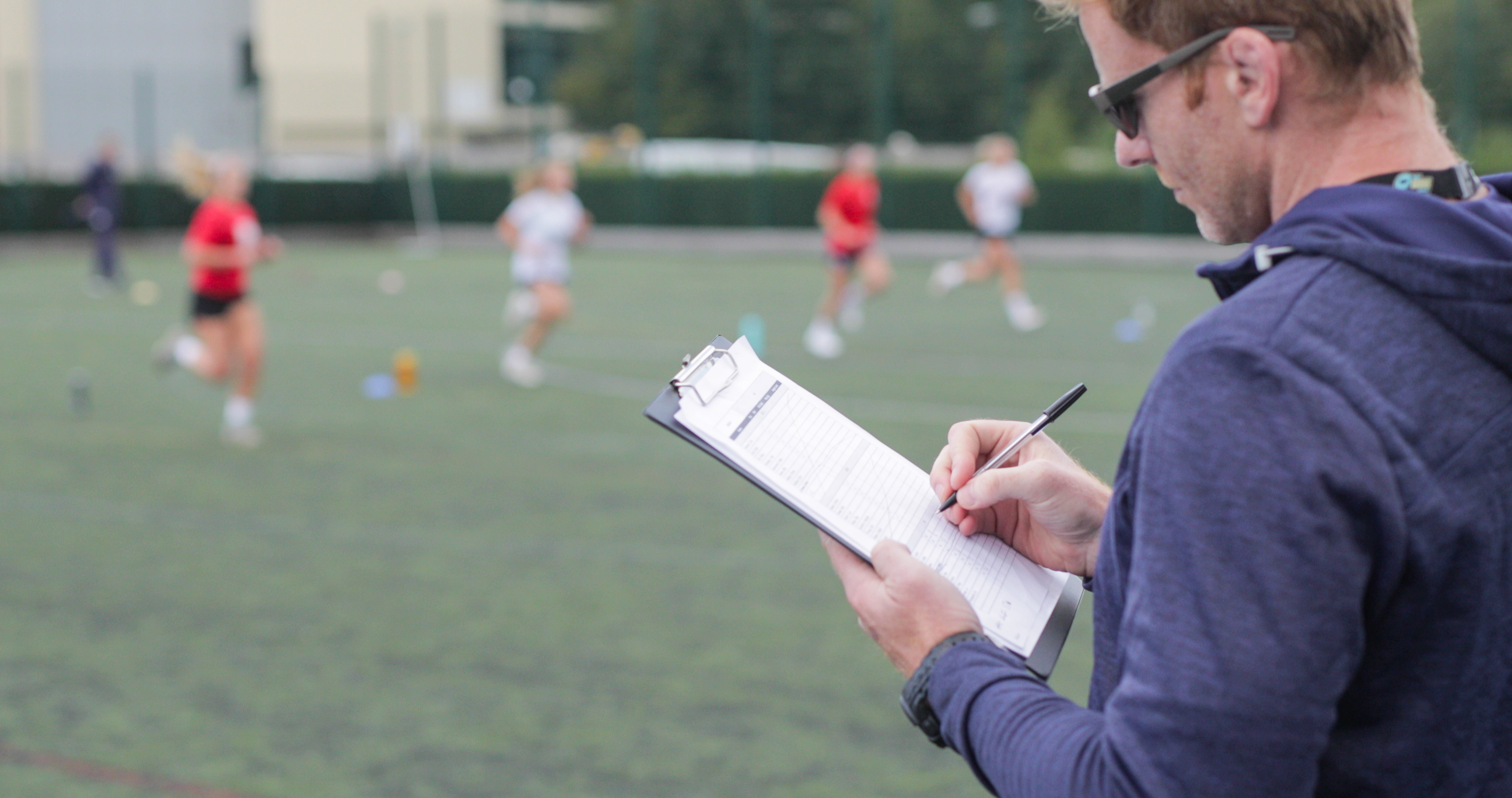In order to maximise an athletes rate of improvement they need to complete as much of the training on testing in programme as possible. Understanding the reasons why your athletes may get injured is the first step towards being able to educate them on how to improve the way the manage themselves. It may also be that the programme is not appropriate for that athlete at that stage.
Do all coaches know what the main injury and illnesses are that occur within their programme? If they do, do they also understand why and when these injuries and illnesses are occurring? If not, perhaps coaches need to find a way of monitoring such occurrences.
Research often indicates that the quality of an athlete’s performance correlates to the percentage of the training programme the athlete has completed. If athletes are missing training due to injury or illness, they are reducing their chances of performing in the racing season.
There are three main reasons why athletes do not complete as much of the training programme as required:
- Not executing the programme properly (eg. pulling too hard all the time)
- Not looking after themselves properly between sessions (eg. rest and refuel, as well as hygiene)
- The training programme is inappropriate for their age.
A coach will need to know which of the above factors is affecting the athlete’s ability to complete the programme as required. A coach will also need to take the necessary steps to increase the athlete’s chance of improving and performing.
Let’s look at each factor individually.
Not executing the programme properly
Most athletes are competitive and want to do better, whatever better means to them. In trying to achieve this aim, one risk is that they can try too hard in training. ‘Hey, I’m down here to train so I’m just going to smash it….’ sometimes can be the mindset.
This is a well-intentioned approach, but after a while it does not work. It is the job of the coach to know how hard each athlete is doing each session, and then to act and adjust if it becomes apparent an athlete is not executing sessions properly.
Not looking after themselves properly
Athletes spend most of the day away from the boathouse. So, what they do during the rest of the day has a huge impact on their ability to cope with the training. A coach is unlikely to be able to control every hour of an athlete’s day. Consequently, the coach must make the athletes aware of the impact their daily life has on their training. In order to educate the athletes, a coach must measure each day how the athletes are coping with the training. This can be done via a routine of morning monitoring or via apps that record your Heart Rate Variability (HRV). This needs to be done each day on an ongoing basis to gain any meaningful insight.
If all athletes in a squad follow such a monitoring approach, a coach will be able to see if there are any trends in the kinds of injury or illness issue with which athletes are struggling (eg. a virus, rib injury, a sore back),
Inappropriate training programme
Coaches spend large amounts of time writing training programmes. However, if an athlete is not capable of meeting the volume, intensity, and performance levels required in the particular programme, the athlete may not complete it. This may mean the programme is not the right one for the athlete in question.
It is crucial for a coach to have a clear understanding of an athlete’s training age as well as lifestyle dynamics. All these factors shape an understanding of how much an athlete can tolerate. The old adage of ‘HTFU’ (harden the #### up) is not always the right answer.
A coach also needs to understand how athletes are responding to training. Here, the availability of objective data – for example, drawn from athletic training injury tracking software or other wellness monitoring software such as traffic light-based monitoring systems – around which a coach can have a conversation with an athlete about how they are coping can be very useful.
The Team
By collecting the team’s data, a coach can start to investigate some trends around the programme. Here are seven selected weeks out of a season.
Injury: In this graph, you can see that, despite the injury and illness rate decreasing in weeks F and G (thin black line), a large amount of rib injuries is still being reported.
Illness: Here, as the overall incidence of injury and illness increases, it is possible to see that in weeks C and D there is a quite a bit of illness due to a virus being present. In being aware of this, a coach can ask the question in his or her own mind of whether the type of training the team was doing at that time made them susceptible, or whether the virus may just have been present regardless.
Here is a summary of the illness and injury distribution over and season for a club. By collecting this kind of information, a coach can ask better questions in order to try and understand what is going on within the programme. Such information and understanding can help shape educated decisions about how to change the programme if and when required.
In introducing such illness and injury data, what kinds of questions does such data bring up for a coach? What flaws might there be in the data? Can the data be trusted? How should a coach introduce such data to encourage athletes to buy into paying attention to it within the programme?
View more content like this

Alan Campbell | Olympic Medallist & Great Britain Rowing Team Legend in Crossy's Corner
Alan Campbell’s stories from within his own experience of rowing at the highest level internationally, his time within the GB system under Jurgen Grobler (although
Rowing Record Breaker Georgie Rowe in Crossy's Corner
Alan Campbell’s stories from within his own experience of rowing at the highest level internationally, his time within the GB system under Jurgen Grobler (although
Megan Kalmoe live in Crossy's Corner - Four Time Olympian with the US Rowing Team
Alan Campbell’s stories from within his own experience of rowing at the highest level internationally, his time within the GB system under Jurgen Grobler (although



